Shark attack victim Khai Cowley: ocean is ‘no more dangerous’ say experts
Experts weigh in on the tragic series of shark deaths that have shocked South Australians this year, as records show how rare attacks are historically.
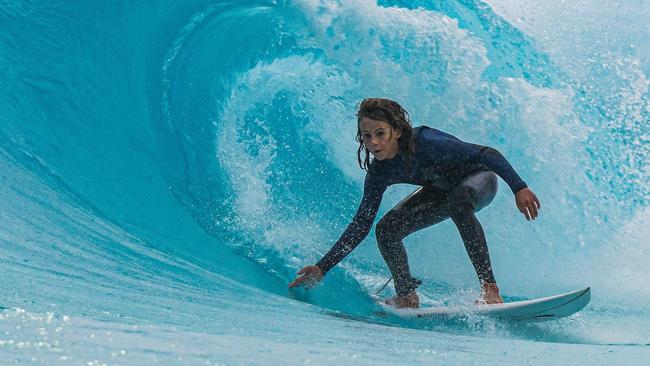
SA News
Don't miss out on the headlines from SA News. Followed categories will be added to My News.
South Australia’s beaches and the ocean is relatively safe to swim despite an “unusual” spate of fatal shark attacks this year, experts say.
Figures show there have been at least 25 shark-related deaths across the state over the past 168 years – three of those in eight months in 2023 including teenager Khai Cowley, 15 on Thursday.
The Australian Shark-Incident Database shows another 51 injuries have been reported in SA since the state was founded in 1836.
The database, which the Taronga Conservation Society Australia, Flinders University and NSW government compile, show almost 1220 shark incidents involving humans since 1791.
But experts say each death is tragic, but incredibly rare, as the predators, especially the “White” species – the scientific term for Great White Sharks – do not hunt humans.
They argue it is more likely a person will die from heart disease, cancer, the flu, car accidents or drowning than from an aggressive shark.
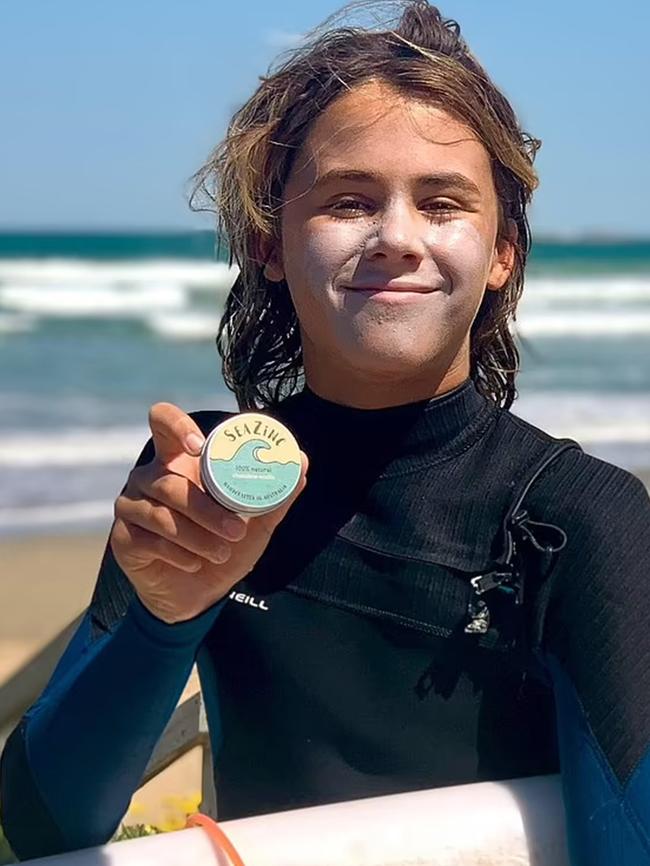
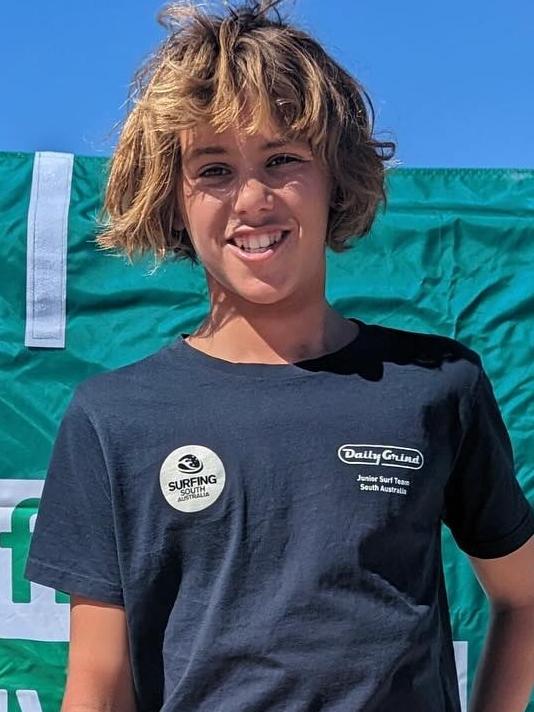
Experts say sharks are akin to “bouncers of the sea” and feed on marine animals such as dolphins, seals, fish including tuna and salmon, stingrays as well as turtles.
Great white sharks, which have been protected in SA waters since 1998 and from Commonwealth areas a year earlier, can suffer “mistaken identity” especially in murkier waters.
UniSA shark expert, Dr Brianna Le Busque, said it was “relatively safe” to swim in the ocean, which was “not more dangerous today”.
She said while three fatal attacks in the past eight months were “unusual” and “frequent” – Australia records an average of two a year – there was no data suggesting a rising trend.
Dr Le Busque, an environmental science lecturer for the past seven years, said she was a “not very good” surfer, who loved the ocean and was enjoying a break at Goolwa Beach, on the Fleurieu Peninsula south of Adelaide.
“Based on the current events the ocean is no more dangerous than it was last week,” she said.
“In the sense that there are always risks in the ocean, like shark bites – although the risk is really low – or other threats such as drowning.
“It’s one of these things that when it happens – and it’s horrible – people get anxious. But we have had heaps of people unfortunately die in storms across Australia in the past week.
“It is still a risk.”
She said bigger sharks, such as Whites, can mistake humans for seals or sea turtles but do not deliberately target people – if so the rate of attacks would skyrocket.
Smaller species of sharks can also bite when felt “threatened”.
“I hate it when a bite occurs,” she said.

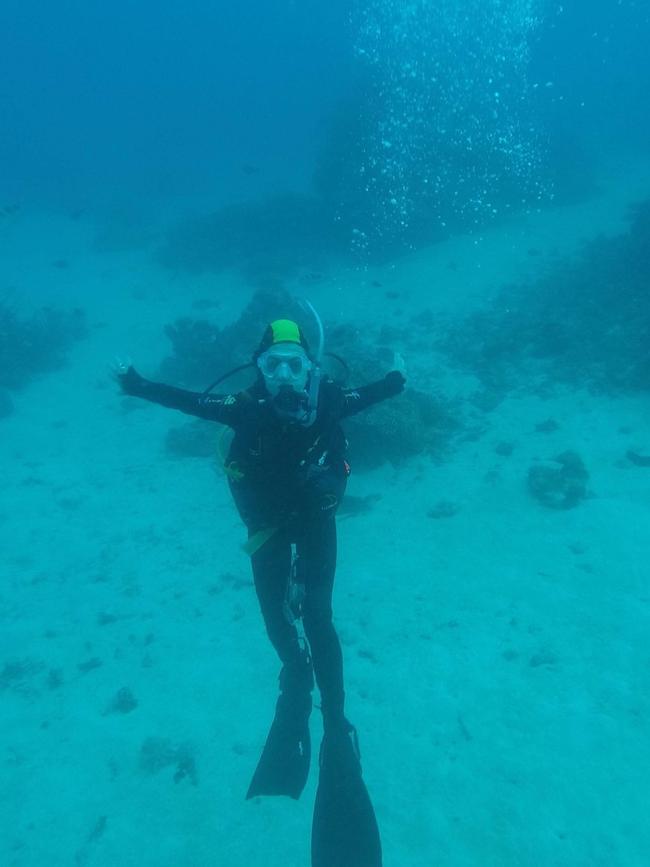
“But while it is unusual to have as many as we have had this year, we have to think about it in the context of the statistics and there is no current evidence that there are more.
“It’s not very many although they’re absolutely horrible when they do happen.
“We just can’t overreact and there’s no reason why we can’t enjoy the beach all summer.”
Andrew Fox, a shark researcher whose father Rodney survived an attack, said the “vulnerable” animals tend to follow food and don’t “hunt” humans.
“It is relatively safe to swim at beaches,” he said. “Sharks have a really important place in the ocean. The presence of sharks is a sign of a healthy ecosystem.”
Surf Life Saving SA emergency operations manager, Sean Faulkner, said the “truly devastating” attack was an “unfortunate reminder that the ocean and the beach can be dangerous and unpredictable”.
“While shark sightings are rare and shark attacks are even rarer, we do understand that we tend to see more of them at this time of year, which can spark anxiety and fear,” he said.
“But it is certainly possible to swim and enjoy South Australia’s beaches safely.”
He said swimmers were recommended to visit a patrolled location during specific times lifeguards were on duty and swim between the red and yellow flags.
Beachgoers were also urged to swim close to shore and avoid swimming at dawn or dusk.
Great white sharks are generally found in the continental shelf in temperate waters, close inshore, to a maximum depth of 1200m.
In SA they are most frequently found around the Neptune Islands and at Dangerous Reef, off Port Lincoln, The Pages Islands, off Kangaroo Island and around seal colonies on islands near Streaky Bay and Ceduna on the West Coast.
They are commonly found in Australia’s southern waters, but are also found around the shelf waters of northeastern United States, California, New Zealand, Japan, Eastern Cape Province of South Africa and the southern central Mediterranean Sea.
More Coverage
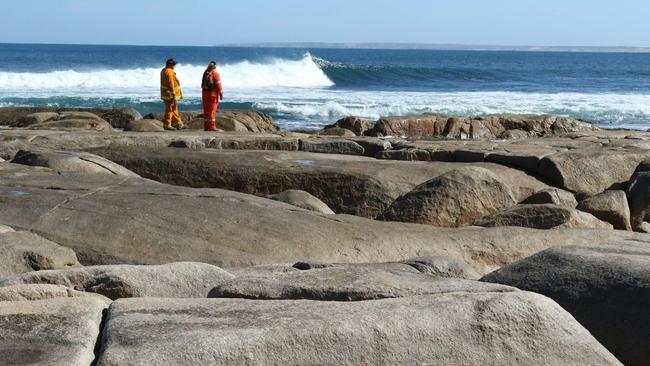
Originally published as Shark attack victim Khai Cowley: ocean is ‘no more dangerous’ say experts





